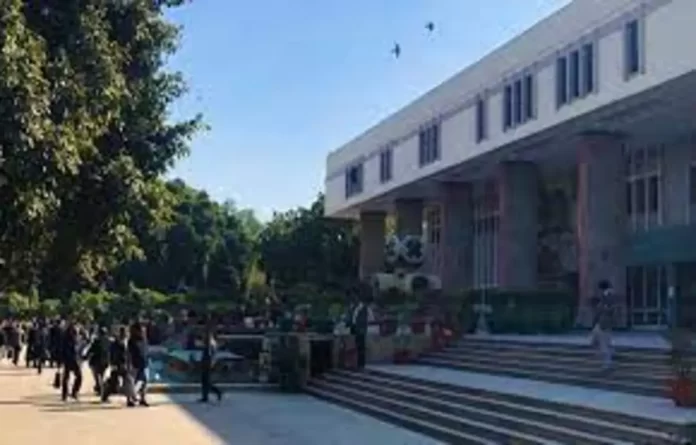The Delhi High Court has recently observed that the burden to prove that a person has dishonestly damaged or destroyed an electric meter to commit electricity theft is on the prosecution under the Electricity Act, 2003 (the Act) and that Section 105 of the Indian Evidence Act, 1872 cannot be used to shift the burden.
The High Court was hearing Tata Power Delhi Distribution Ltd (Tata Power) in an appeal challenging a trial court order which acquitted the accused of charges under Section 135 (theft of electricity), 138 (interference with meters or work of licensee), 150 (abetment) of the Act.
The Tata Power has raised a theft bill against the accused demanding nearly Rs 33 lakh against the accused which was revised to approximately Rs 26 lakhs during the hearings before the Delhi Electricity Regulatory Commission (DERC).
Ruling against the Tata Power, a single judge bench of Justin Navin Chawla observed that the onus of proof of the same shall always lie on the prosecution and such onus must be discharged on the touchstone of beyond reasonable doubt. It added that the prosecution cannot shift the onus on the accused and that it is not on the accused to prove his innocence.
The court further denied Tata Power’s reliance on Sections 105 (burden of proving that case of accused comes within exceptions) and 106 (burden of proving fact especially within knowledge) of the Indian Evidence Act, 1872 seeking to shift the burden of proof on the accused.
The court noted that Section 105 does not apply for cases under Sections 135, 138 or 140 of the Electricity Act, as there are no exceptions in these sections at all.
Referring to Section 106 of the Indian Evidence Act, the Court cited the Supreme Court’s decision in Satye Singh & Anr. v. State of Uttarakhand, (2022) 5 SCC 438, and ruled that this provision is not to relieve the prosecution of its duty to prove the case against the accused.
Hence, the bench reasoned that in the present case, it was for the petitioner to prove that the meter had been dishonestly burnt by the respondent (accused). It added that the petitioner, having failed to prove the same, cannot shift this burden on the respondent by placing reliance on Section 106 of the IE Act. Subsequently, the bench dismissed the appeal.


